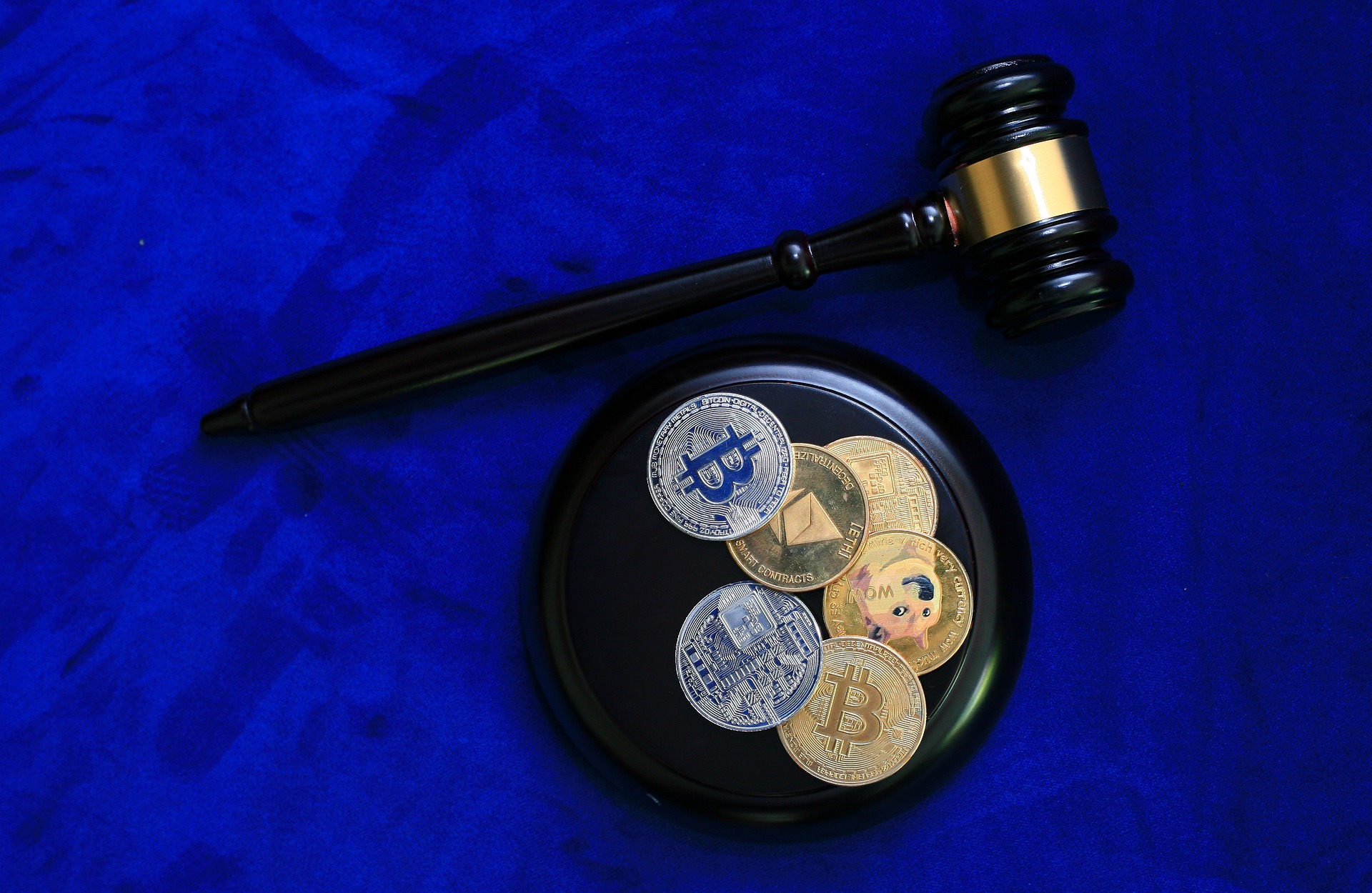"A Comprehensive Look at Intellectual Property Rights in the Digital Age"
In an era where technology is interwoven into every aspect of life, intellectual property rights have never been more relevant. This article delves into the ever-evolving landscape of intellectual property rights in the digital age, providing a detailed historical context, current legal updates, and a discussion on its societal implications.

A Historical Overview of Intellectual Property Rights
Intellectual property rights have been a cornerstone of legal systems for centuries. They emerged during the Renaissance, when governments began granting exclusive rights to creators. With the advent of the digital age, these rights took on a new level of complexity. Digitization has brought about new means of creating, distributing, and using intellectual content, necessitating a critical re-evaluation of traditional intellectual property laws.
Intellectual Property Rights in the Digital Age
The digital age has transformed intellectual property rights. The Internet has made it easier to share and access content, leading to an increase in copyright infringement cases. In response, governments worldwide have enacted legislation to protect creators’ rights online. For instance, the Digital Millennium Copyright Act (DMCA) in the U.S. criminalizes the production and dissemination of technology intended to circumvent copyright protection measures.
Recent Developments in Intellectual Property Law
Recently, there have been significant changes in intellectual property law to adapt to the digital age. Policy discussions have centered around finding a balance between protecting creators’ rights and promoting innovation. One such development is the EU’s Copyright Directive, which aims to ensure fair remuneration for creators while promoting a rich and accessible digital culture.
Societal Impact of Intellectual Property Rights in the Digital Age
Intellectual property rights in the digital age have far-reaching societal implications. On one hand, they protect creators’ rights, fostering creativity and innovation. On the other hand, they can limit access to content, raising concerns about information equity. The challenge for policymakers is to strike a balance that serves both creators and consumers.
The Future of Intellectual Property Rights
As technology continues to evolve, so too will intellectual property rights. Legal scholars and policymakers must remain vigilant, ensuring laws keep pace with technological innovations. The future of intellectual property rights will likely involve more nuanced policies, adapting to the unique challenges and opportunities presented by the digital age.
In conclusion, intellectual property rights in the digital age are a complex and evolving field. They are crucial for protecting creators’ rights and fostering innovation, but must be balanced against the need for access and equity. The future of these rights will depend on how well we can adapt to the ever-changing digital landscape.




